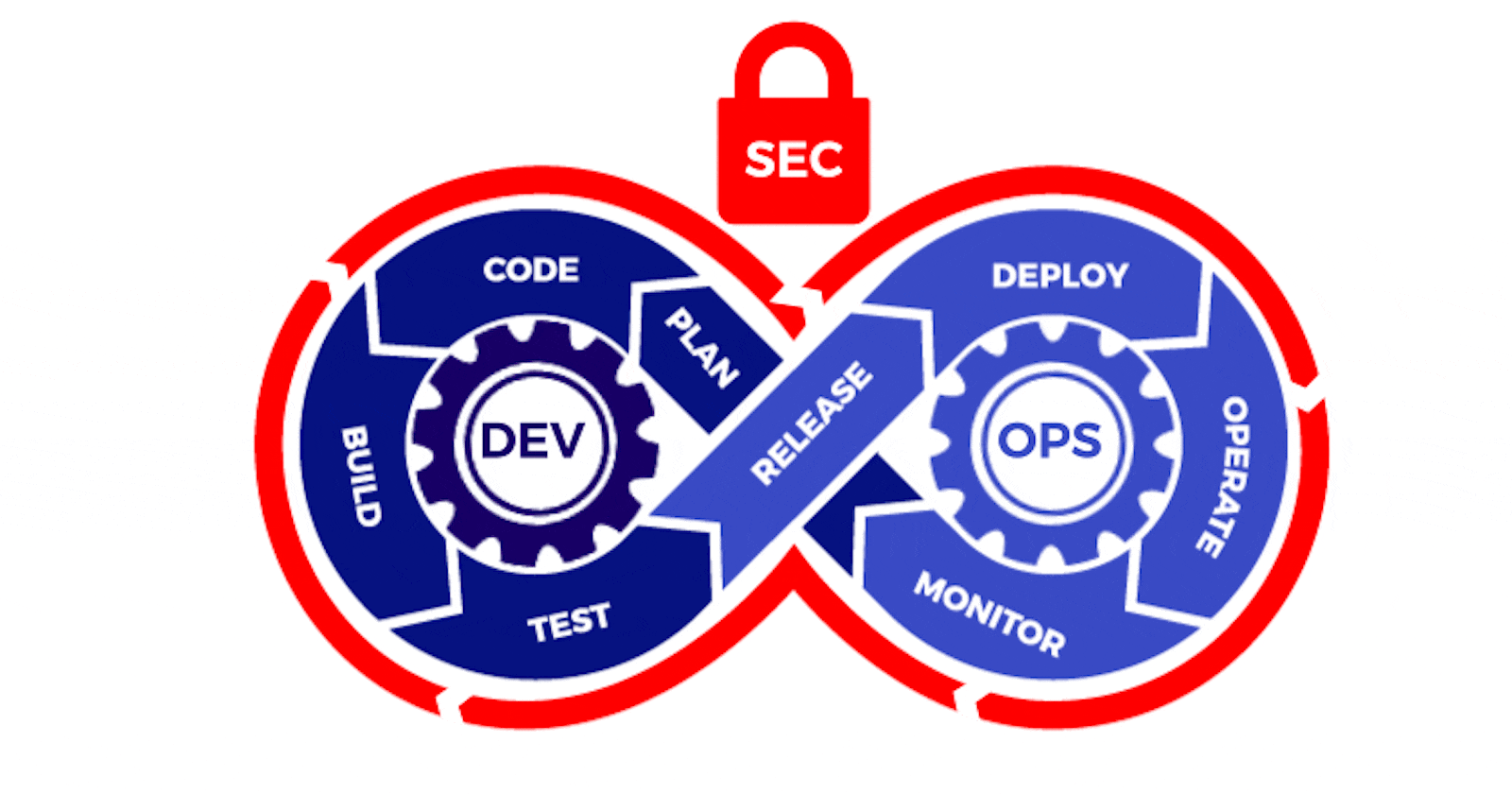DevOps is a term that has gained a lot of attention over the past decade. It is a practice that aims to improve collaboration between development and operations teams to streamline the software delivery process. DevOps has become an important part of modern software development and has been adopted by many organizations across the world. In this blog, we will explore what DevOps is and what its roadmap looks like.
What is DevOps?
DevOps is a set of practices that combines software development (Dev) and IT operations (Ops) to shorten the systems development life cycle and provide continuous delivery with high software quality. It is a culture that promotes collaboration, communication, and automation between developers and operations teams. DevOps focuses on delivering software rapidly, reliably, and at scale while ensuring that the software is of high quality and meets customer requirements.
DevOps includes a range of tools, practices, and methodologies, including continuous integration (CI), continuous delivery (CD), infrastructure as code (IaC), and monitoring and logging. By automating the software delivery process, DevOps enables teams to deliver software more frequently, reduce errors, and improve efficiency.
How to Become a DevOps Engineer.?
Here is a possible roadmap for becoming a DevOps engineer:
Learn the basics of programming: DevOps engineers need to have a solid understanding of programming languages such as Python, Ruby, or Go. Start by learning the basics of one or more of these languages.
Get familiar with Linux: Most of the tools used in DevOps are based on Linux. Familiarize yourself with the Linux operating system and command line tools.
Learn version control: DevOps engineers use version control tools like Git to manage code changes. Learn how to use Git to manage your own projects and collaborate with others.
Understand Continuous Integration and Continuous Deployment (CI/CD): Learn how to automate the software delivery process, including building, testing, and deploying applications using tools like Jenkins, GitLab, or Travis CI.
Gain experience with cloud computing: Familiarize yourself with cloud platforms like AWS, Azure, or Google Cloud. Learn how to use cloud services like EC2, S3, or RDS.
Learn containerization: Containerization using tools like Docker is a key component of DevOps. Learn how to use Docker to package applications and deploy them in a consistent and repeatable way.
Get familiar with configuration management: Configuration management tools like Ansible, Puppet, or Chef are used to manage and automate infrastructure. Learn how to use these tools to configure servers, networks, and applications.
Understand monitoring and logging: DevOps engineers need to monitor the performance of applications and infrastructure. Learn how to use monitoring tools like Nagios, Prometheus, or Grafana, and logging tools like ELK stack or Splunk.
Develop soft skills: DevOps engineers need to be able to work well with teams across the organization. Develop communication, collaboration, and problem-solving skills.
Pursue certifications: There are several certifications available in DevOps, including those offered by AWS, Microsoft, and Google. Pursuing these certifications can demonstrate your expertise to potential employers.
Remember, this is just one possible roadmap, and there are many paths to becoming a DevOps engineer. Keep learning, stay up-to-date with new technologies and trends.
